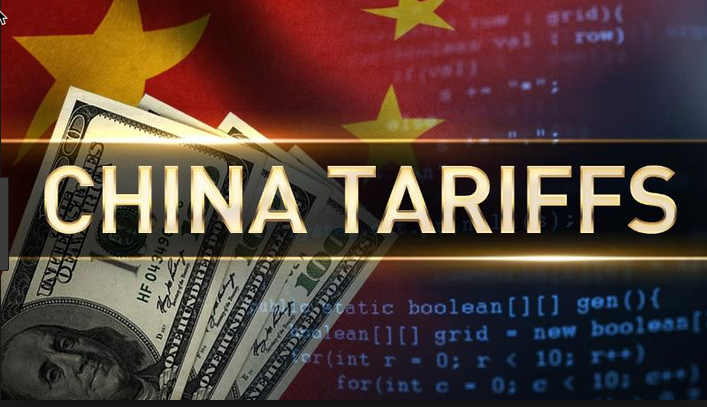In less than two weeks, U.S. customs officers are scheduled to begin collecting tariffs on Chinese imports, a step that will either give President Trump the leverage he needs to secure a trade deal with Beijing or plunge the world’s two largest economies into a dangerous commercial conflict.
With no talks underway between the two sides, prospects for an early deal that averts imposition of the import levies appear dim.
Once the U.S. tariffs on the first $34 billion in Chinese goods take effect on July 6 — and trigger Chinese retaliation against American farmers and exporters — the political pain will mount for the president, according to several former U.S. negotiators and trade analysts.
Complaints from affected voters could push Trump to settle for a limited deal involving higher Chinese purchases of American products and promises of future market openings and leave the president vulnerable to charges of having blinked in his confrontation with China, the former officials said.




